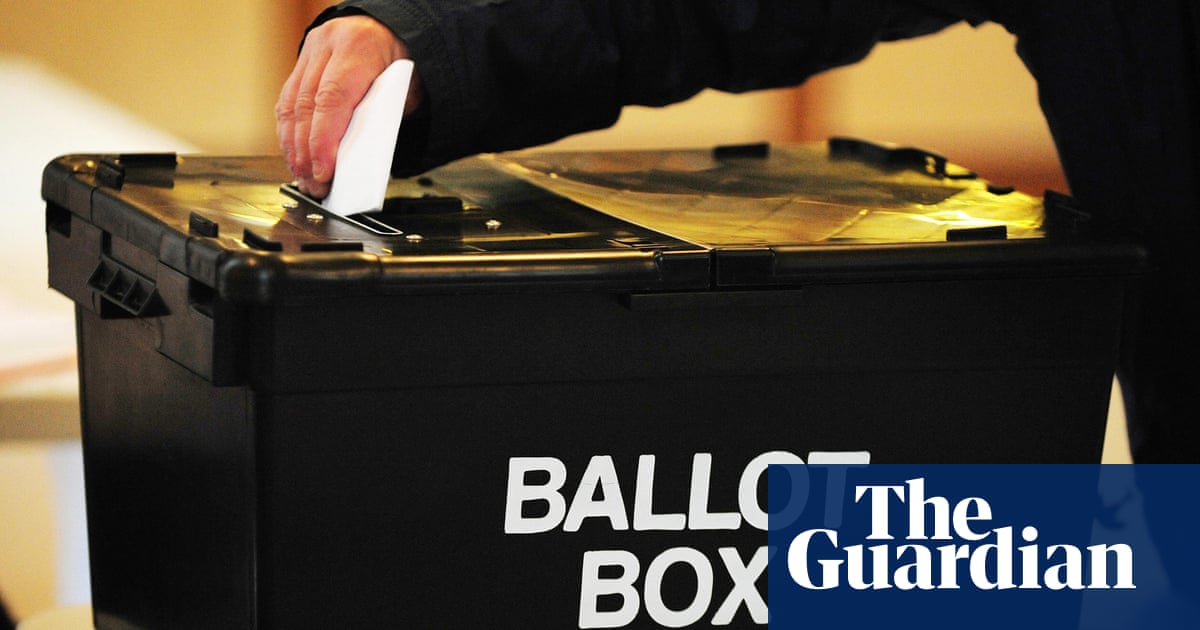The stories come around with horrible frequency. The TV presenter of a certain age who prances around naked with nothing but a sock on his cock or who grabs the head of a kneeling production assistant who is cleaning his trousers, and thrusts his groin towards her face. The sports presenter who is sacked for inappropriate behaviour. The radio DJ who is accused of sexual assault.
And yes, we understand, it’s all about power imbalances. The “talent” is venerated, the power goes to the man’s head, it makes him feel invincible, he believes he has impunity. He knows his employers can’t afford to lose him.
But hang on a minute. Fiona Bruce is an irreplaceable TV star. Mishal Husain is a brilliant radio interviewer. Mel Giedroyc is a much-loved TV host. Yet can you imagine Bruce stripping off in front of her crew, with only tassels to hide her nipples? Or Mishal Husain making sexualised comments to her researchers? Or Giedroyc, back in her Bake Off days, thrusting her groin at a young man wiping cake mixture off her trousers?
They too hold the power imbalances. Their talent is venerated, but the power doesn’t go to their heads. They don’t feel invincible and they don’t behave with impunity. I saw Giedroyc host a charity event earlier this week and she was the model of good manners and humility, taking pains to thank participants behind the scenes as well as at the podium.
So once you flip it around, the excuses fall away. And we are left with only one explanation: the power imbalance between men and women. However far we think we have progressed towards gender equality, men are still much more likely than women to feel a sense of entitlement and superiority. And the worst of them will act on it (sometimes hurting other men as well as hurting women).
Not all men, of course. Plenty of men are humble, respectful and utterly delightful. We love having these men as colleagues, friends or romantic partners. But they are the ones who have taken pains to question the societal forces that have bestowed power and authority on men at the expense of equally competent women.
These forces start so young. As early as three, boys will interrupt girls of their age more than boys. By the age of six, both boys and girls believe that boys are more likely to be “really, really smart”, even though they know that girls are already doing better at school. How does this sense of male superiority affect children so early? Well, one of the most depressing studies I found when researching my book, The Authority Gap, asked British parents to estimate their children’s IQs. They put their sons, on average, at 115 and their daughters at only 107, even though girls tend to develop earlier than boys, have a bigger vocabulary, and outperform boys academically from reception to PhD.
So boys grow up subliminally absorbing this mistaken notion that they are cleverer than girls, and girls grow up absorbing it too. No wonder that, when the same researchers asked adult men and women to estimate their own IQ, men on average said it was 110, and women, only 105. Yet the IQ distribution is identical between the genders, except at the extreme ends of the bell curve.
This sense of male superiority and entitlement is fostered at school too. Professor Allyson Julé studied classroom interactions and found that teachers repeat boys’ comments as recognition of their contributions nine times more than girls’, address questions much more to boys than to girls, and praise boys more for their answers. As a result, boys are rewarded for speaking up and girls for being quiet and well-behaved. Boys learn to believe their views are more important than girls’. As other educational researchers, David and Myra Sadker, put it: “Girls quickly learn to smile, work quietly, be neat, defer to boys and talk only when spoken to … Little wonder that so many girls lose their voice, confidence and ambition, a problem likely to haunt them in adulthood.”
These boosts to boys’ self-esteem can also lead to overconfidence, which is much more common in boys and men. One academic paper, unusually entitled Bullshitters. Who are they and what do we know about their lives?, studied 40,000 15-year-olds in nine countries. They were given a list of 16 mathematical concepts and asked to rate their knowledge of them, from “never heard of it” to “know it well, understand the concept”. Unbeknown to the teenagers, the researchers had inserted three fake concepts – ‘subjunctive scaling’, ‘declarative fraction’ and ‘proper number’ – into the list. In all nine countries, boys were much more likely than girls to claim that they knew and understood the fake concepts. What’s more, the bullshitters believed their own bullshit. They thought they were better at maths than they were.
Of course, sexual harassment has many progenitors. But this toxic mix of overconfidence, entitlement and superiority is reflected in the allegations that have been made by numerous women against Gregg Wallace, some of which are now under investigation by his producers. And in its less extreme manifestation, it’s what lies behind the relative lack of career progression that women experience at the expense of men. Even on the first rung of the managerial ladder, an American study finds that only 81 women are promoted for every 100 men – and this in an age when women enter the workforce with better educational qualifications.
All through school and university, girls’ and young women’s talents are assessed objectively, through anonymised exam papers, and they outperform boys and young men. But once women start work, the biases creep in. Because we all tend to confuse confidence with competence, we are more likely to believe, hire and promote the over-confident, entitled man who tells us how brilliant he is than the less confident but far more competent woman.
Until we start to recognise this bias and correct for it, we are never going to close the authority gap which holds women back and propels men forward. At last, we’re starting to get rid of the complete dicks, like Wallace. But that still leaves far too many bullshitters in place whose jobs would be better done by the Mishal Husains and Fiona Bruces of this world.

.png) 1 month ago
12
1 month ago
12













































